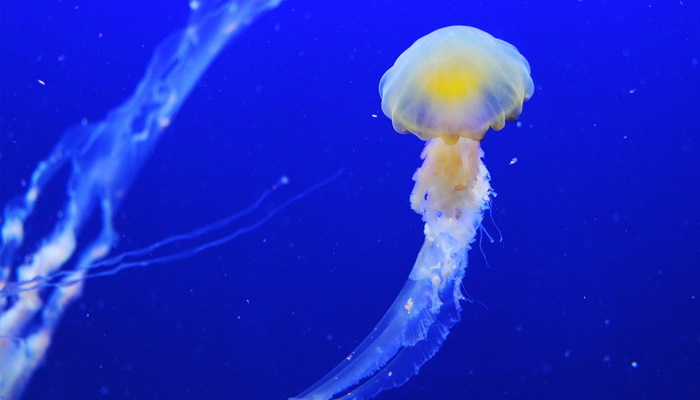
The Ocean and You
Ocean literacy is an understanding of the ocean's influence on you—and your influence on the ocean.
Whether they live near a beach, or thousands of miles inland, whether they’ve touched a sea star in a tide pool, or watched a movie about an injured dolphin, young learners are fascinated by ocean animals. As they get older, their ocean awareness expands to include concern about huge disasters like hurricanes and tsunamis, and massive climate-triggered changes like melting polar ice.
Connect your learners to the ocean with howtosmile.org activities aligned to each of the seven Ocean Literacy principles below. Read "Ocean Literacy: The Essential Principles of Ocean Sciences" here. This framework introduces ocean sciences consistently into K-12 classrooms. Partners in framing the principles included the National Geographic Society, National Oceanic and Atmospheric Administration, and UC Berkeley’s Lawrence Hall of Science. Learn more about the principles and where they come from in this College of Exploration video.
Essential Principles
Choose one of the essential principles to view related activities.
- The ocean and life in the ocean shape the features of the Earth.
- The ocean is a major influence on weather and climate.
- The ocean makes the Earth habitable.
- The ocean supports a great diversity of life and ecosystems.
- The ocean and humans are inextricably interconnected.
- The ocean is largely unexplored.






